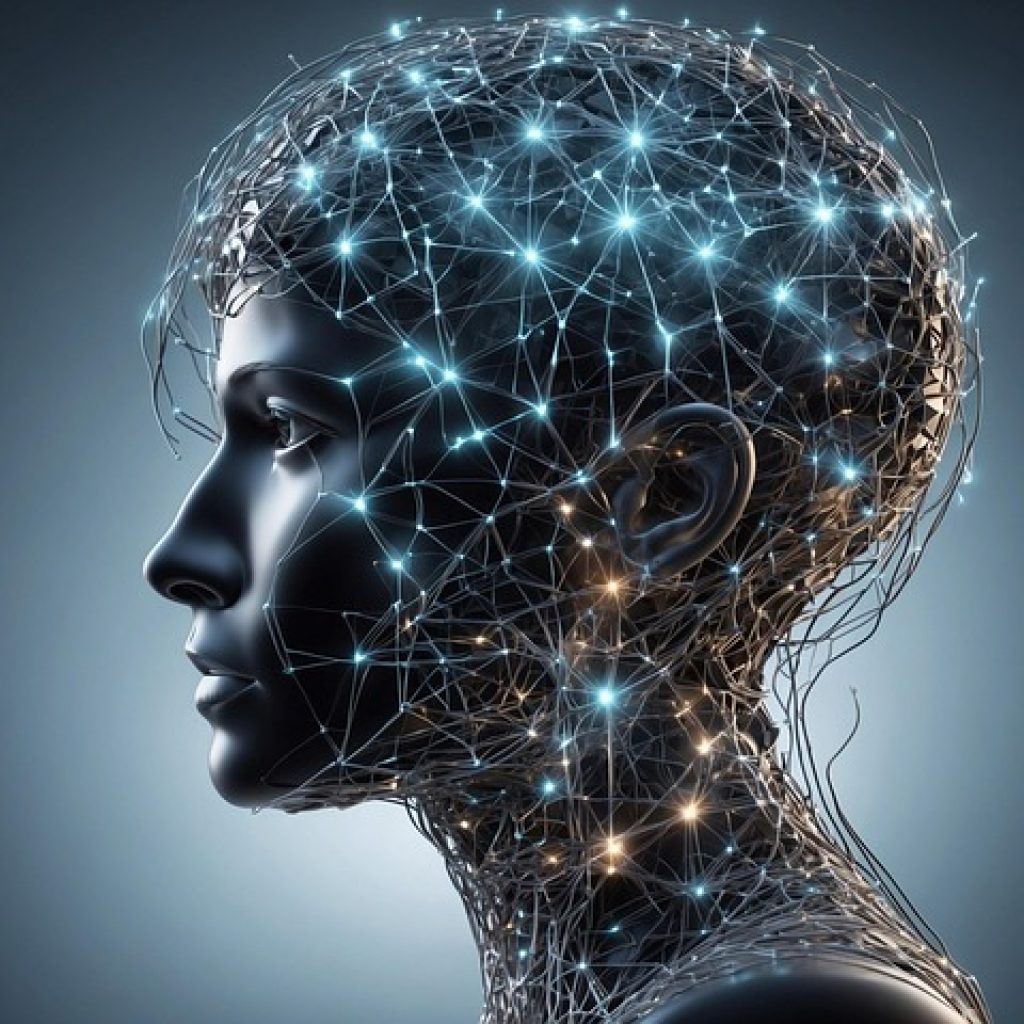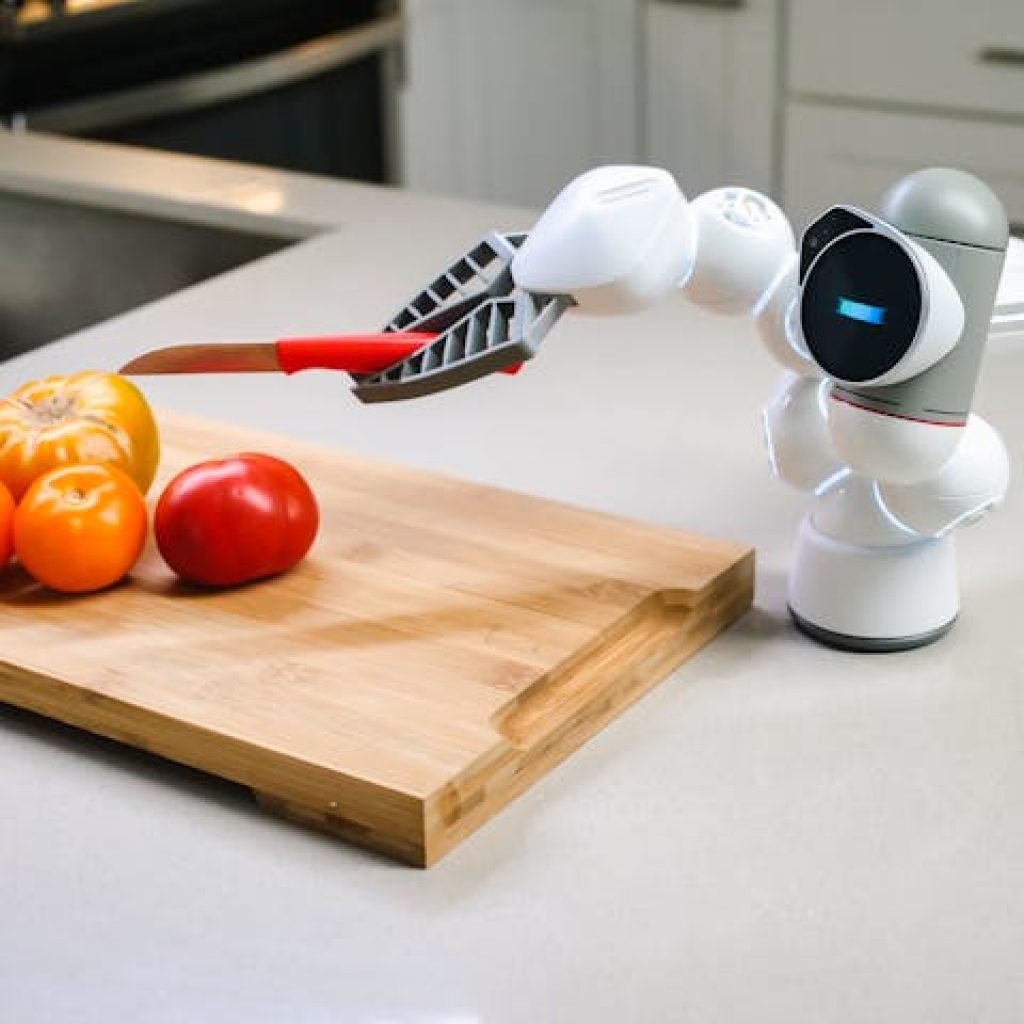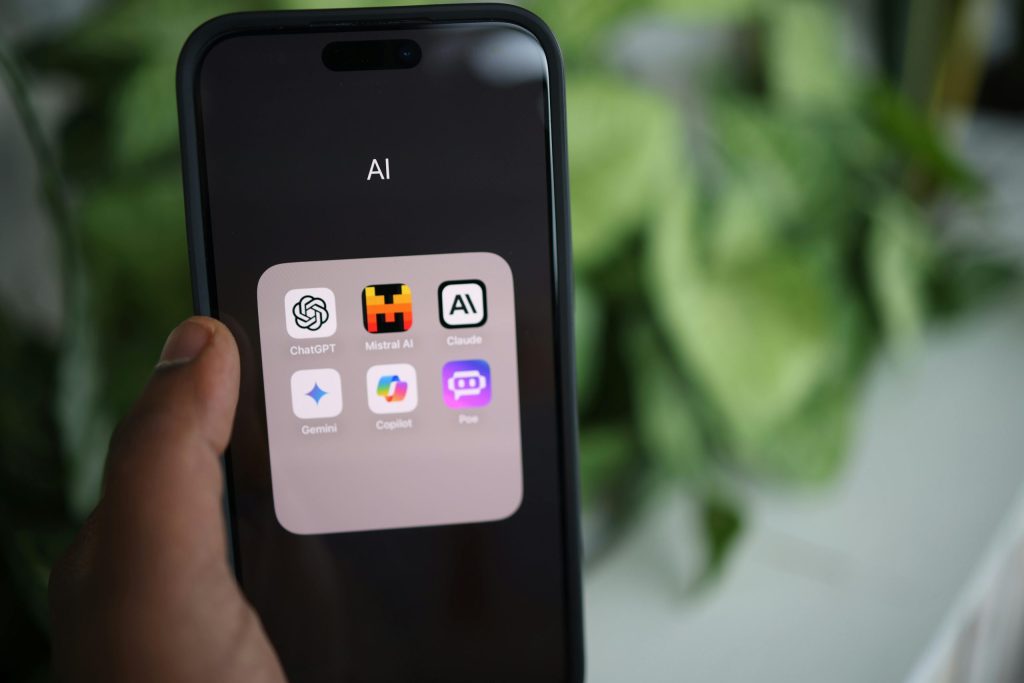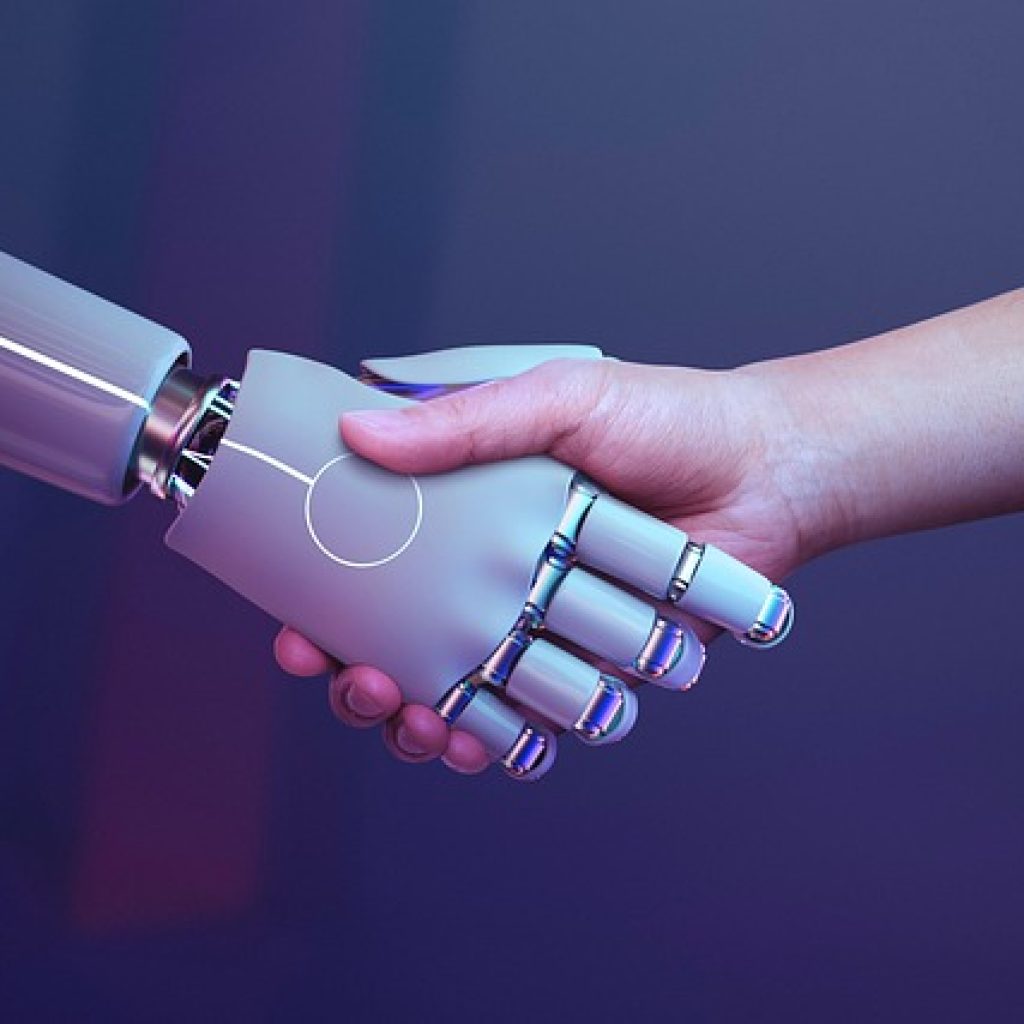AI can write emails, generate reports, design graphics, summarize meetings, draft legal templates, and even create marketing campaigns without human help. But that doesn’t mean humans are becoming unnecessary. It means the value of human-only skills is about to increase — and the job market is already separating people who can be replaced from people who can lead, think, and create in ways machines can’t replicate.
While AI continues to absorb repetitive, structured, and pattern-based tasks, there are categories of work that depend on context, judgment, emotional presence, and lived experience — things that don’t translate into code. These skills won’t disappear in 2026. They will define the highest-value roles in every industry.
1. Emotional Intelligence and Human Judgment
AI can react based on data. Humans can respond based on nuance. A manager deciding whether to fire, promote, coach, or reassign someone isn’t just responding to performance metrics — they are reading tone, tension, confidence, self-awareness, and team dynamics. AI doesn’t “feel the room.” It only reads the transcript.
Hiring, negotiation, conflict resolution, community-building, leadership, and stakeholder alignment all depend on emotional perception — a skill AI can simulate but not genuinely experience. In any role that requires trust, reassurance, and human decision-making, emotional intelligence becomes a moat, not a soft skill.
2. Creative Conceptual Thinking
AI can remix what already exists. Humans can invent what has never existed before. This is the difference between:
- AI generating 50 logo variations
- A creative director redefining how a brand should make people feel
AI excels at execution. Humans excel at original creative direction — especially when creativity is driven by identity, culture, emotion, and meaning. The more AI floods the internet with similar-looking content, the more valuable unpredictable ideas with authentic voice become.
3. Contextual Awareness and Real-World Experience
Even the most powerful models still misunderstand context — especially when decisions involve people, politics, ethics, risk, or location-based knowledge. An AI tool can recommend “best marketing strategy for Dubai,” but only someone who has worked in the UAE market understands sponsorship culture, Ramadan seasonality, Arabic/English messaging differences, WhatsApp-first lead flow, and visa-based employment cycles.
AI learns from data. Humans learn from lived experience. That will always matter.
4. Leadership and Strategic Decision-Making
AI can optimize a process. It cannot own responsibility. Leadership is not just managing workflows — it is managing uncertainty, shaping vision, inspiring confidence, allocating resources, and taking risks based on incomplete information.
Strategy requires judgment under ambiguity. AI only feels confident when data is complete. Humans make decisions even when the future is unclear.
5. Ethical Reasoning and Value-Based Choices
AI can rank outcomes based on probability. It cannot choose what is right. In medicine, education, legal policy, business governance, journalism, hiring, and public service — ethics are central, and ethics require human responsibility.
A machine can calculate cost. It cannot carry conscience.
The Real Shift: AI Doesn’t Replace People — It Replaces Tasks
Jobs are not disappearing. Tasks inside those jobs are disappearing.
- Writers who only write are being replaced
- Writers who think, research, interview, and strategize are not
- Designers who only decorate are being replaced
- Designers who solve problems and understand systems are not
- Managers who schedule tasks are being replaced
- Managers who lead transformation are not
AI removes the low-value part of work. Humans who keep the high-value part of work become priceless.
The New Competitive Edge: Learn AI, But Double Down on What AI Can’t Do
The smartest professionals right now are not trying to “beat AI.” They are doing two things at the same time:
- Using AI to remove repetitive work and accelerate output
- Developing human-only skills that rise in value as automation increases
That’s why the future belongs to AI-powered humans, not humans who pretend AI doesn’t exist and not humans who hand over all thinking to machines.
If you want to study the work side of AI adoption — how creators, educators, and independents are building careers because of AI, not in spite of it — you’ll find deeply practical breakdowns on creator economy strategy and monetization insights.
The age of “who works the hardest” is ending. The age of “who works with the smartest tools” is beginning.
Final Thought
AI is not the threat. Being indistinguishable from what AI can do — that is the threat.
The most future-proof professionals will be the ones who:
- Use AI fluently
- Think independently
- Communicate clearly
- Lead with emotional intelligence
- Make decisions machines can’t justify
Work is not disappearing. Work without human advantage is.



